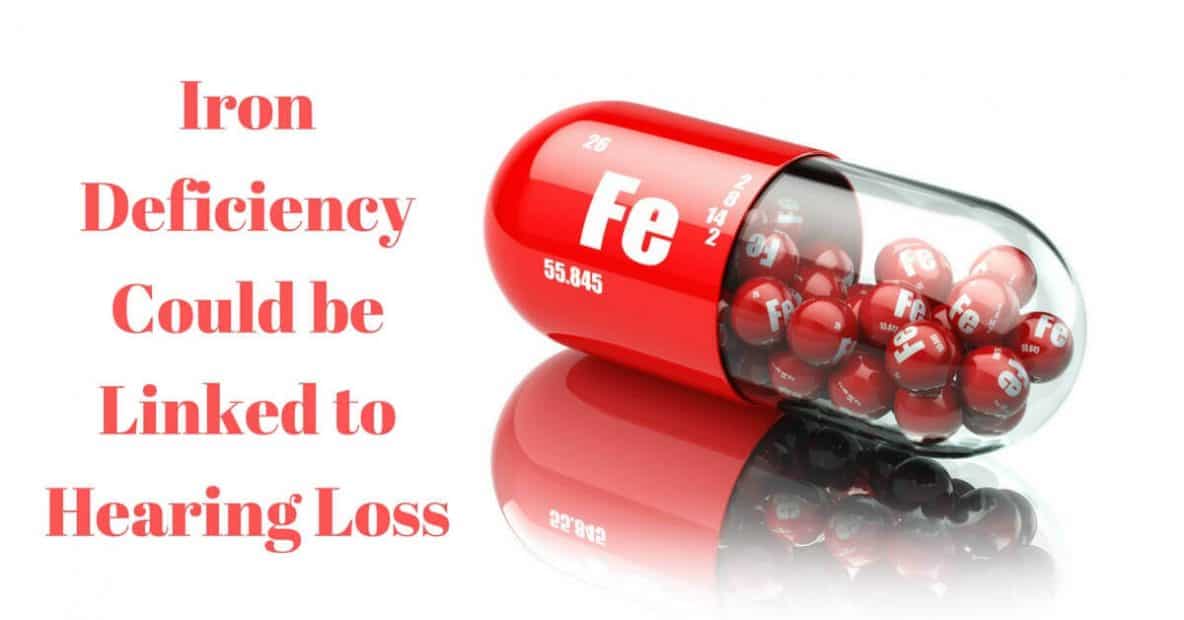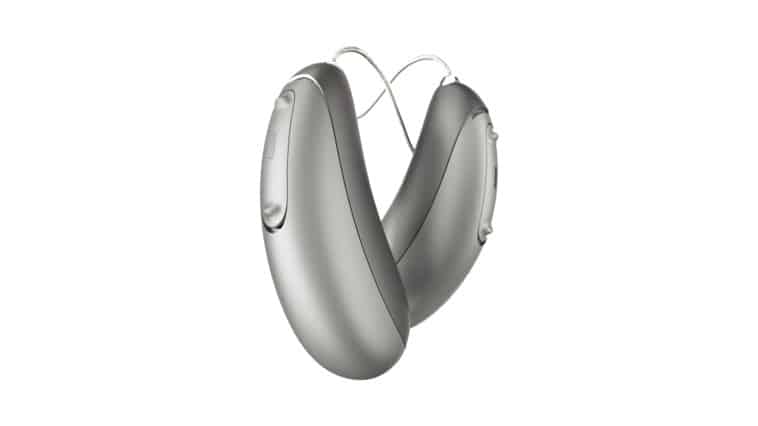0% financing available. Up to 3-year loss and damage guarantee.

Iron Deficiency Could be Linked to Hearing Loss
- Navigating the Conversation: The Significance of Thoughtful Disclosure in Hearing Loss - December 10, 2023
- The Sound of Dreams: Understanding How Hearing Loss Impacts Dreaming - November 7, 2023
- Traveling Effectively with Hearing Aids - October 16, 2023
What causes hearing loss? At first the answer seems simple. Your parents have hearing loss from working for years in noisy environments without proper hearing protection, and your kids have hearing loss from all those loud concerts they attend on the weekends. But there are other, more hidden causes of hearing loss. Nearly 20% of Americans struggle to hear, and many don’t know what factors are affecting their hearing health. Listening to music with earbuds during your workout, the daily commute to the office, smoking, and even exercise and diet all affect your health and your hearing. Another cause for hearing loss may be linked to iron deficiency, according to a 2016 study.
Iron and Overall Health
Let’s talk about iron. You’ve heard from many sources that having iron in your diet is important for your health. Iron is found in many daily vitamin supplements, and those who exercise frequently are warned to watch their iron levels since they’re at greater risk of developing an iron deficiency.
Iron is an essential mineral that has a significant role to play in helping red blood cells carry oxygen from your lungs to the rest of the body. Having iron deficiency anemia or IDA means your red blood cells can’t carry enough oxygen through the body, leaving you tired, fatigued, or weak. Low levels of iron will lead to a host of negative health outcomes, such as decreased energy, shortness of breath, difficulty concentrating, dizziness, and even weight loss.
Foods Containing Iron
Lots of foods contain iron, so most people with a balanced diet maintain healthy levels of iron in their daily eating habits. Foods rich in iron include meat, seafood, nuts, seeds, beans, and dark leafy greens such as spinach.
Iron Deficiency and Hearing Loss
It might surprise you that iron deficiency is linked with hearing loss. A recent study looked at over 300,000 adults and found that those with iron deficiencies were twice as likely to have hearing loss! The study, published in December 2016, was conducted by Kathleen Schieffer at the Pennsylvania State University College of Medicine.
The human ear looks simple enough, but it’s a very complex collection of hair cells, neurotransmitters, and neural pathways that are responsible for your keen hearing. With proper care and the right balance of nutrients, your ears will work efficiently for years. However if even one piece is missing, like living with an iron deficiency, the damage to your hearing can affect your entire life.
One of most common kinds of hearing loss is sensorineural hearing loss (SNHL), with 200,000 new cases reported in the US every year. SNHL is caused by damage to the inner ear. This damage can be from noise exposure, injuries, or anything that puts a strain on your ears. Schieffer and colleagues found that a lack of iron in the blood can lead to SNHL.
How does an iron deficiency lead to hearing loss? Oxygen is essential for the health of the hair cells in the inner ear that transmit sound signals to your brain, and iron plays a big role in delivering that oxygen to your ears. Without enough oxygen, these fragile cells are damaged or even die, so your ears aren’t processing sounded effectively, and you experience hearing loss.
Iron Supplements
Taking supplements can regulate iron levels and reduce your chances of developing hearing loss before your ears are damaged. While some iron medications are available over the counter, we recommend consulting your doctor before taking supplements. Performing a blood test and reviewing your medical history is important before you start popping pills. Having too much iron is just as problematic as not having enough iron, so only take supplements if you know you have an iron deficiency.
While studies do show a link between iron deficiency and hearing loss, further research is needed to understand how iron is affecting hearing. You can’t take iron supplements as a cure for hearing loss, and once the damage is done, SNHL can’t be cured.
However, if you’ve noticed changes in your hearing, it may be time to take a hearing test. If a hearing loss is detected, getting fitted for hearing aids can restore your hearing, and you can get back to living your life without worrying about your hearing. Visit us today at Advanced Tech Hearing Aid Centers and we’ll work with you to find a hearing treatment that matches your lifestyle and needs

